
The following is a snap-shot of funding opportunities that have been announced. Please follow the links for more information:
British Academy
Tackling the UK international challenges
The purpose of each project will be to bring new research ideas and methods to bear on existing international challenges and to deliver specific policy-relevant outputs.
Maximum Award: £50000 for 1 year Deadline: 2 November 2016
Agriculture & Horticulture Development Board
Soft fruits crop sector panel funding
The objectives of the soft fruit sector strategy link are:
- To improve productivity and cost management (resource management, climate change, soils and water, managing market volatility);
- To prevent and manage disease (NB: in this context disease covers all crop protection).
Maximum Award: Unknown Deadline: 6 November 2016
EPSRC
Healthcare technologies challenge awards
A future call, planned for mid-late October, designed to create a cohort of the most promising future leaders in Computational, Engineering, Mathematical and Physical Sciences research who will develop new research capabilities across the EPSRC portfolio to address unmet healthcare needs.
Maximum Award: Total budget for call is £10million for 7 – 10 awards Deadline: 31 January 2017
Alzheimer’s Research UK
Dementia consortium
The Dementia Consortium will provide funding, resources and expertise to both increase the number of, and capitalise upon, new drug targets emerging from across the academic sector that hold promise of bringing patient benefit.
Maximum Award: £100000 – £250000 over 2 years Deadline: 15 November 2016
Department of Health, including NIHR
Programme grants for applied research
These support projects that aim to provide evidence to improve health outcomes in England through promotion of health, prevention of ill health and optimal disease management, with particular emphasis on conditions causing significant disease burden.
Maximum Award: Unknown Deadline: 29 November 2016
Wellcome Trust
Seed Awards in Science
Seed Awards in Science help researchers develop new ideas to make them competitive for larger awards (from us or other organisations).
Maximum Award: £100000 over 2 years Deadline: 13 March 2017
AHRC
Leadership Fellow Scheme – Standard route
The AHRC’s Leadership Fellows scheme provides time for research leaders, or potential future research leaders, to undertake focused individual research alongside collaborative activities which have the potential to generate a transformative impact on their subject area and beyond.
Maximum Award: £50000 – £250000 Deadline: Open
If you are interested in submitting to any of the above calls you must contact your RKEO Funding Development Officer with adequate notice before the deadline.
For more funding opportunities that are most relevant to you, you can set up your own personalised alerts on Research Professional. If you need help setting these up, just ask your School’s/Faculty’s Funding Development Officer in RKEO or view the recent blog post here.
If thinking of applying, why not add notification of your interest on Research Professional’s record of the bid so that BU colleagues can see your intention to bid and contact you to collaborate.
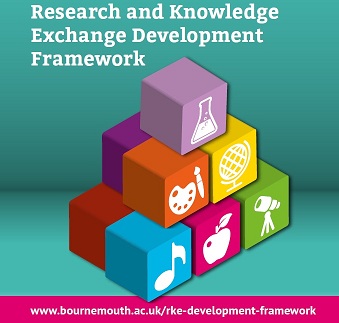
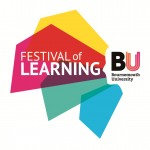 Don’t miss our drop-in sessions where we can offer you support in planning your event for Festival of Learning 2017.
Don’t miss our drop-in sessions where we can offer you support in planning your event for Festival of Learning 2017.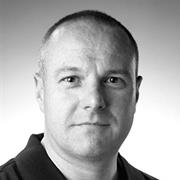 AHRC – Re-presenting para-sport bodies: Disability & the cultural legacy of the Paralympics (Prof Michael Silk)
AHRC – Re-presenting para-sport bodies: Disability & the cultural legacy of the Paralympics (Prof Michael Silk)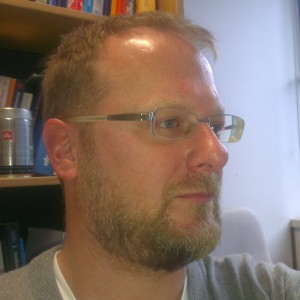 ESRC – Reducing Spatial Disorientation in Dementia Care Homes (Dr Jan Wiener)
ESRC – Reducing Spatial Disorientation in Dementia Care Homes (Dr Jan Wiener)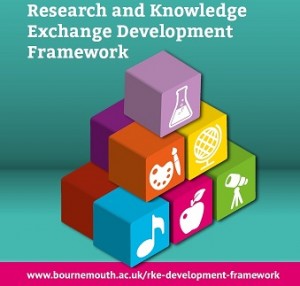 BU is especially keen to increase the quality of bids submitted to Research Councils and RKEO have recently launched the
BU is especially keen to increase the quality of bids submitted to Research Councils and RKEO have recently launched the 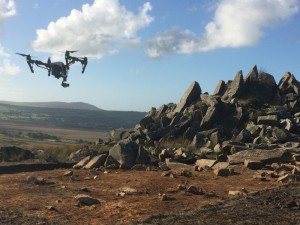
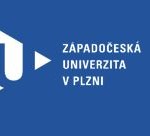

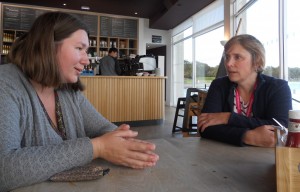
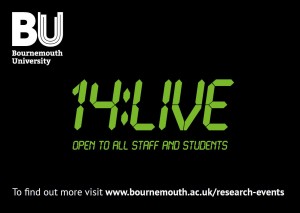

 This session will be delivered by BU’s account manager from the UK Research Office. UKRO are the leading support body within the UK for EU funding.
This session will be delivered by BU’s account manager from the UK Research Office. UKRO are the leading support body within the UK for EU funding.
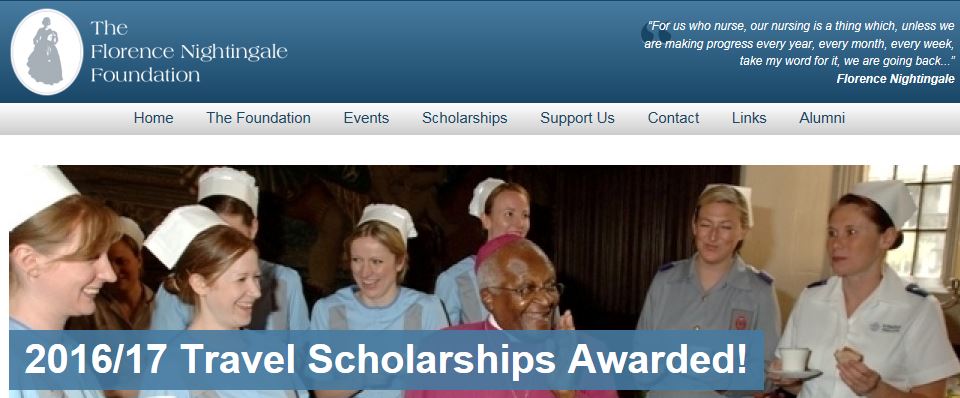
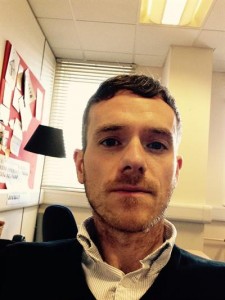 BU’s Dr Sam Goodman is one of AHRC’s New Generation Thinkers, having won the award last year. He features in
BU’s Dr Sam Goodman is one of AHRC’s New Generation Thinkers, having won the award last year. He features in 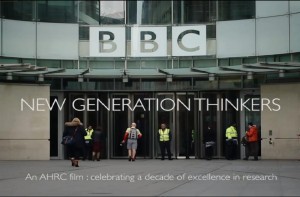 BBC Radio 3 and its programmes
BBC Radio 3 and its programmes 











 BU paper among top 20 most cited papers
BU paper among top 20 most cited papers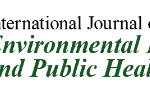 Nepal migrant workers returning from India
Nepal migrant workers returning from India New BU midwifery publication
New BU midwifery publication MSCA Postdoctoral Fellowships 2025 Call
MSCA Postdoctoral Fellowships 2025 Call ERC Advanced Grant 2025 Webinar
ERC Advanced Grant 2025 Webinar Horizon Europe Work Programme 2025 Published
Horizon Europe Work Programme 2025 Published Horizon Europe 2025 Work Programme pre-Published
Horizon Europe 2025 Work Programme pre-Published Update on UKRO services
Update on UKRO services European research project exploring use of ‘virtual twins’ to better manage metabolic associated fatty liver disease
European research project exploring use of ‘virtual twins’ to better manage metabolic associated fatty liver disease